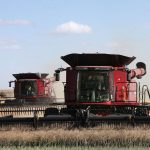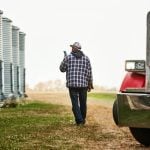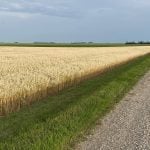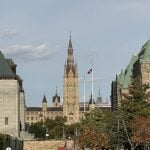
Agriculture ministers agree to AgriStability changes
Federal government proposed several months ago to increase the compensation rate from 80 to 90 per cent and double the maximum payment from $3 million to $6 million

Agriculture ministers agree to AgriStability changes
federal government proposed several months ago to increase the compensation rate from 80 to 90 per cent and double the maximum payment from $3 million to $6 million

Advance payment changes called for
The Canadian Federation of Agriculture policy summit examined several topics the industry is dealing with right now, including trade, and saw a major commodity group rejoin the organization

Barley, oats sustainability quantified by study
One tonne of oats produced in Saskatchewan has a carbon footprint 201 per cent lower than that produced across the country

Bill to protect supply management passes, exporters disappointed
Bill C-202 must receive Royal Assent before it can be put into force

Saskatchewan considers AgriRecovery request in bovine TB case
The move by Sask. would help producers with the cost of cleaning and disinfection after the disease is found on their farms

Importance placed on cow herd size questioned
Some in the cattle sector don’t think policy should focus on expanding herd; others say fewer cows limit check-off revenue

Alberta MP resigns, Poilievre will seek seat

Fertilizer to fight leafy spurge
Applying fertilizer could encourage soil fungi in Western Canadian pastures to become parasitic and sap resources from leafy spurge plants if the soil nutrients are rich enough —at least, that’s the idea behind recent research out of Saskatchewan

Supply management bill goes straight to Senate
The future of the system used in Canadian dairy, egg and poultry production will once again be the focus of political debate

